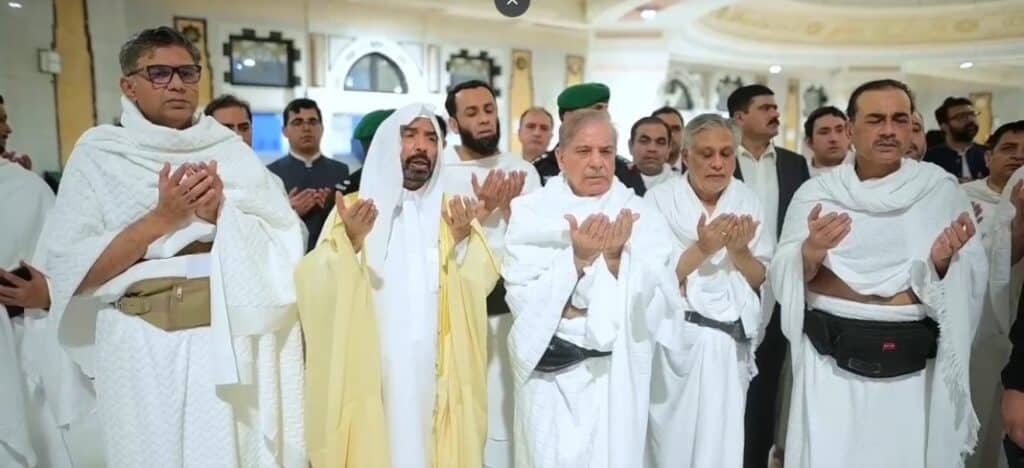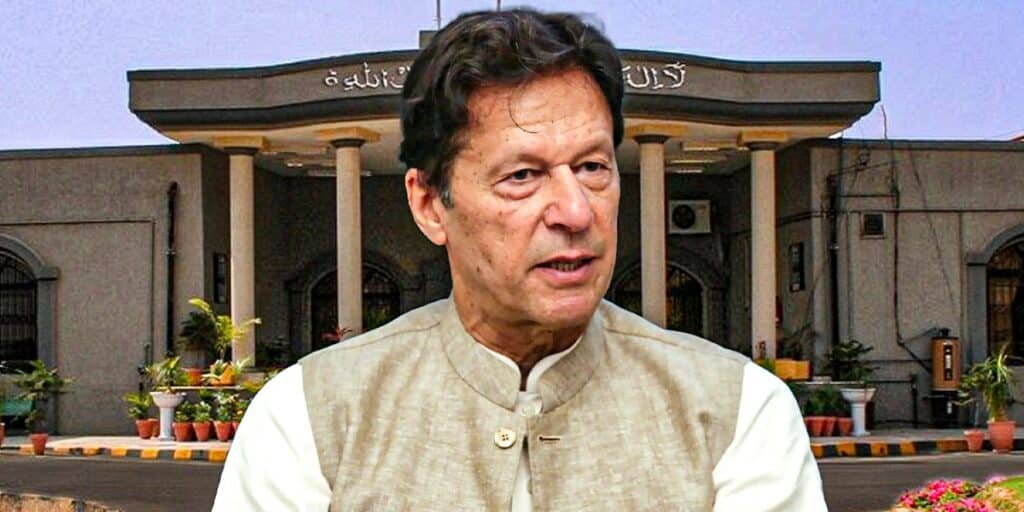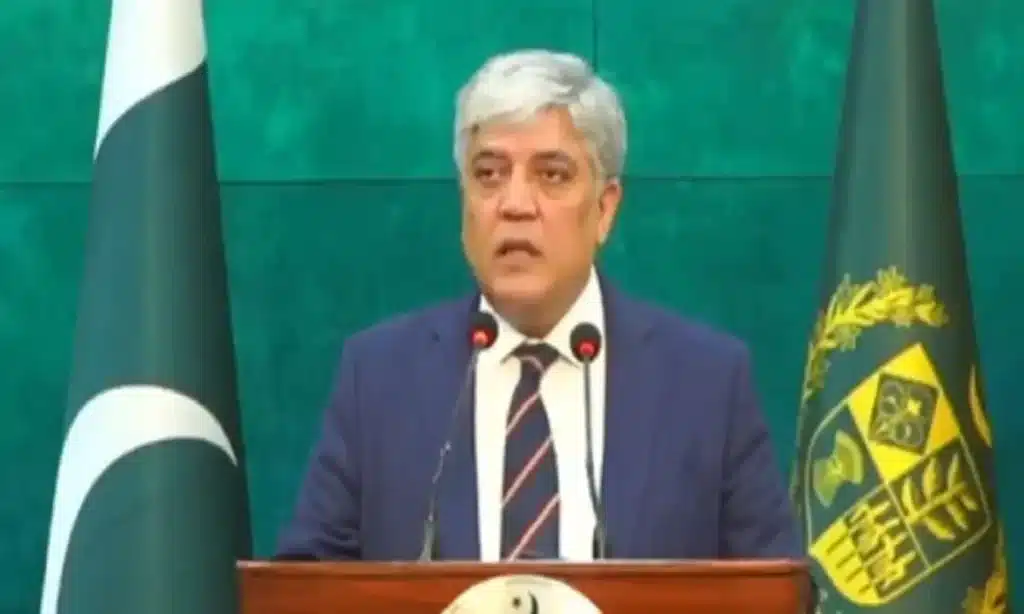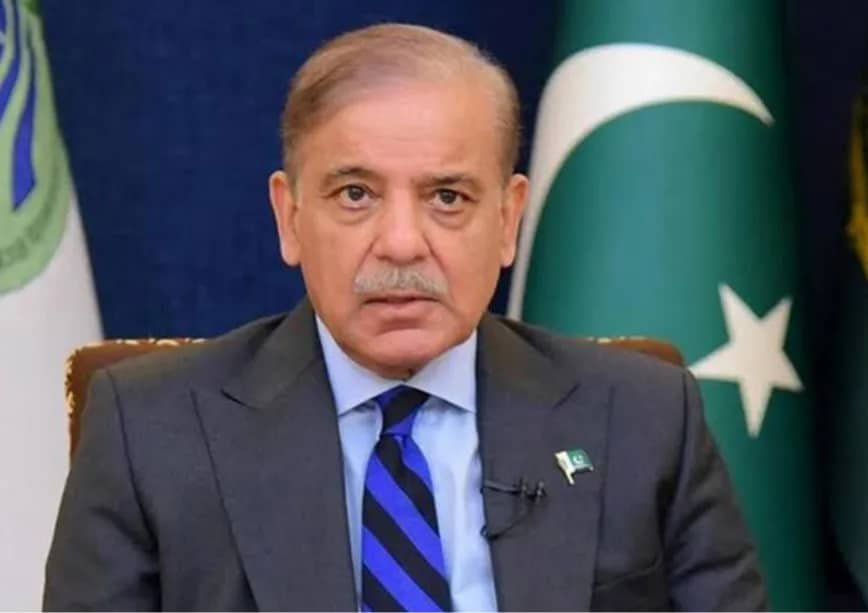Prime Minister Muhammad Shehbaz Sharif accompanied by Chief of Army Staff Field Marshal Syed Asim Munir and a high-level delegation on Thursday night performed Umrah during their official visit to Saudi Arabia.
The visit is being undertaken on the special invitation of Saudi Crown Prince Mohammed bin Salman.
The door of the Holy Kaaba was specially opened for the delegation. They also offered Nawafil and expressed gratitude to Allah Almighty on the victory of “Bunyan-um-Marsoos”.
They offered prayers of thanks for Pakistan’s recent achievements in economic and public welfare domains and also made special supplications for the progress and prosperity of the country.
Prayers were also offered for the oppressed Muslim sisters and brothers of Kashmir and Palestine.
Deputy Prime Minister and Foreign Minister Mohammad Ishaq Dar, Interior Minister Syed Mohsin Raza Naqvi, and Information Minister Attaullah Tarar also accompanied the Prime Minister during the visit.
Read also: Govt reveals 5-year development roadmap under ‘Urran Pakistan’ initiative
Prime Minister Shehbaz Sharif on the eve of World Environment Day reaffirmed Pakistan’s commitment to protecting the planet and advancing sustainable development, calling plastic pollution one of the gravest environmental challenges facing the world today.
In a message marking the day, the prime minister said plastic waste has reached alarming levels across the globe, threatening ecosystems, economies, and the well-being of future generations. “Pakistan is no exception,” he said, adding that the country is also severely affected by plastic pollution.
Prime Minister Shehbaz emphasised that bold and collective international actions are essential to curb pollution and protect the environment. “We must act decisively and together to counter the growing environmental threats,” he urged.
World Environment Day is observed annually on June 05 and serves as the United Nations’ principal vehicle for encouraging awareness and action to protect the environment. This year, the theme focuses on “land restoration, desertification, and drought resilience,” but plastic pollution remains a critical focus for many nations, including Pakistan.
Pakistan is among the countries most vulnerable to climate change, despite contributing less than 1% to global greenhouse gas emissions. The country faces severe plastic pollution, particularly in urban areas where waste management systems are overwhelmed.
Efforts like the Zero Plastic campaign in Punjab, tree plantation drives, and commitments under international agreements such as the Paris Accord are part of Pakistan’s push to improve its environmental resilience. However, experts stress that without public participation, stronger regulations, and international cooperation, these efforts will fall short.





